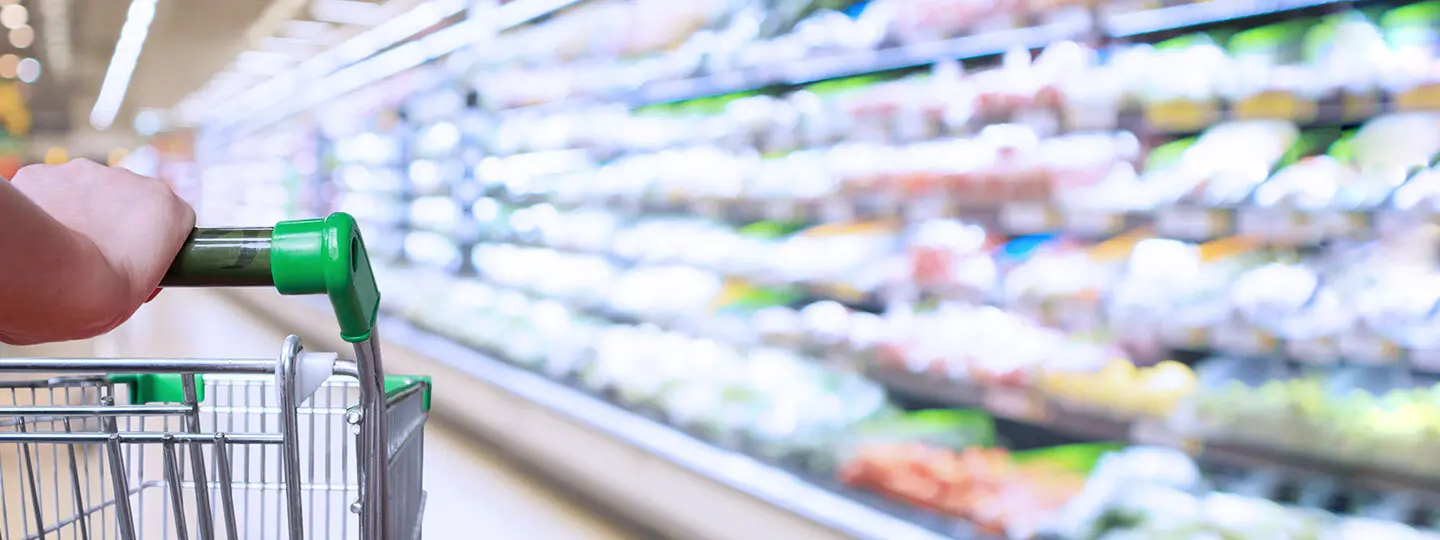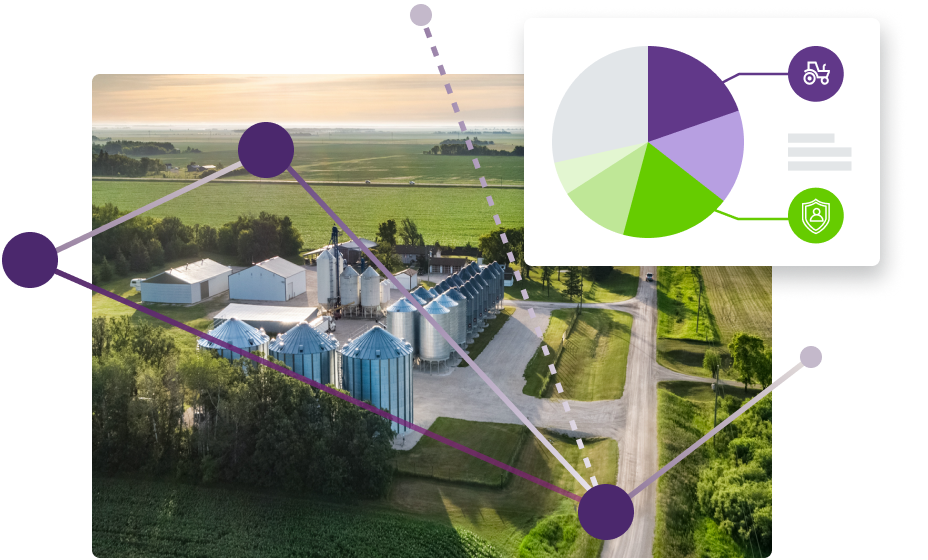Around the table: Addressing food waste with Neil Van Seters

In our series Around the Table, VP Neil Van Seters explores the biggest short-term challenge facing our industry – food waste and loss.
Join TELUS Agriculture in conversation with team members, experts and thought leaders in our series Around the Table, exploring ideas and perspectives to transform the food value chain. We asked Neil Van Seters, VP of global product for agribusiness, what’s the biggest challenge our industry can address in the short term?
“We talk a lot about increasing yield and operating more effectively, but a third of the food in the system gets wasted. If we could cut that, it would take a lot of pressure off the food system overall.”
Around the table: Exploring food waste and loss
What’s the biggest challenge facing the agriculture and food industry today? Neil Van Seters, TELUS Agriculture’s VP of Global Product, Agribusiness, explores food waste and loss and how data and technology can help. Our Around the Table series explores ideas and perspectives to transform the food system.
Currently, 30% of food produced for human consumption is lost or wasted at almost every step of the food chain from farm to fork. This amounts to about 1.3 billion tonnes per year, costing $940 billion US. There’s also the less visible loss of resources, such as land, soil and energy. For instance, 25% of freshwater goes to produce food that’s not consumed.
Thinking about how to make food production more efficient, profitable and sustainable for everyone has been a large part of Van Seters’ role shaping our strategy and products. For him, the key to addressing food waste and loss is “making the most of the land that we're using today and ensuring that more food gets to the end consumer.”
But how best to do that? With half of food loss happening on the way to the consumer, Van Seters believes that solutions like quality and cold chain management can provide better supply chain visibility, agility and responsiveness. “A lot of food waste occurs when food isn't kept at the appropriate temperature as it makes its journey through the system,” he says.
It also requires a systems approach. Reimagining how food is grown, transported and managed with different supply chain models will be vital to address food waste.
“In the future, I think we have to ask, what's the most appropriate place to grow particular food? How do you create a system where each ingredient or each component of the food system is grown in the optimal location?”

